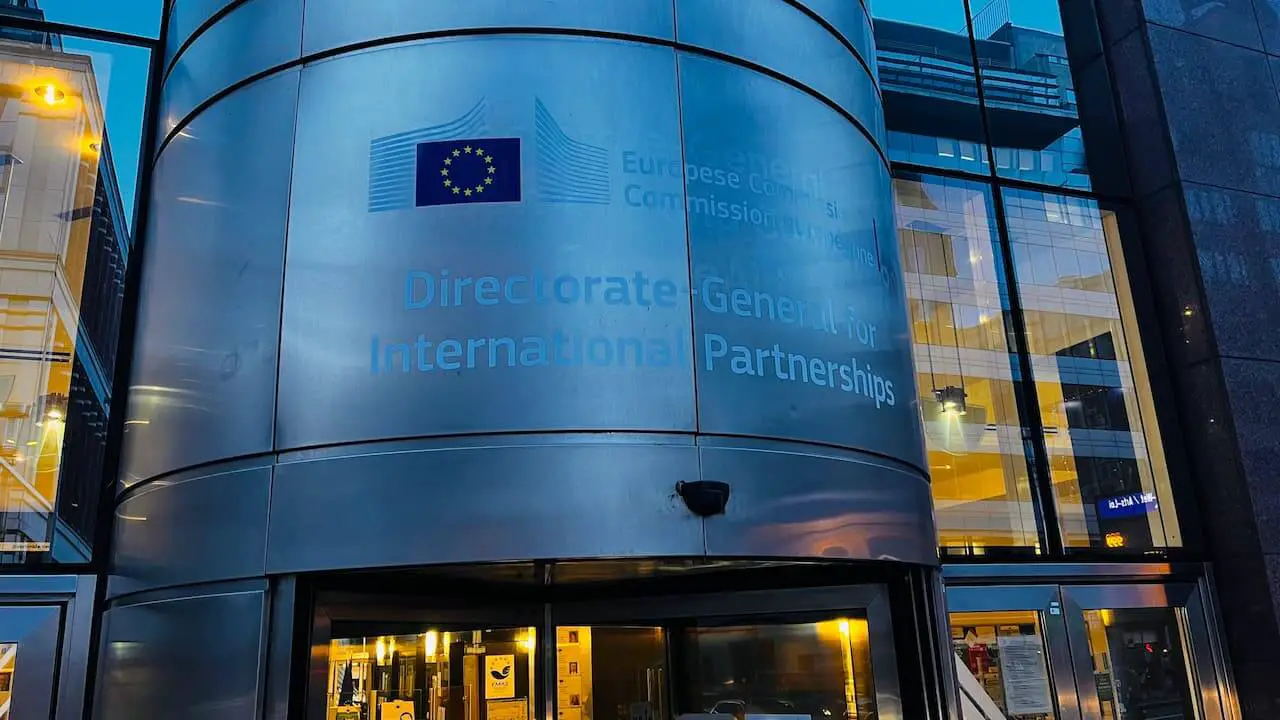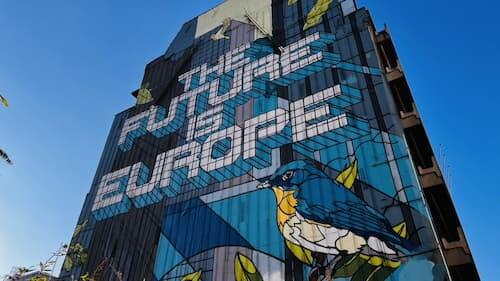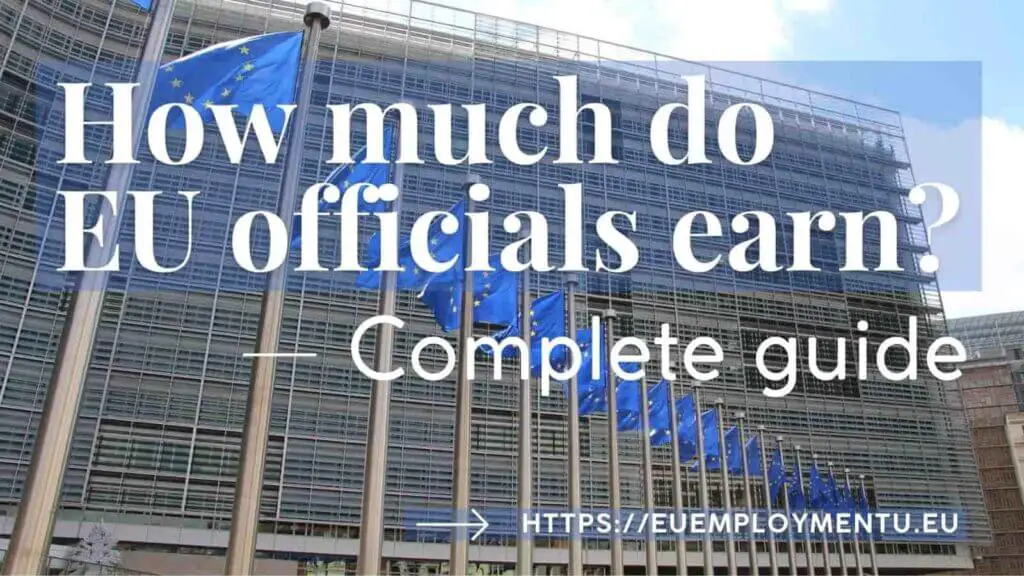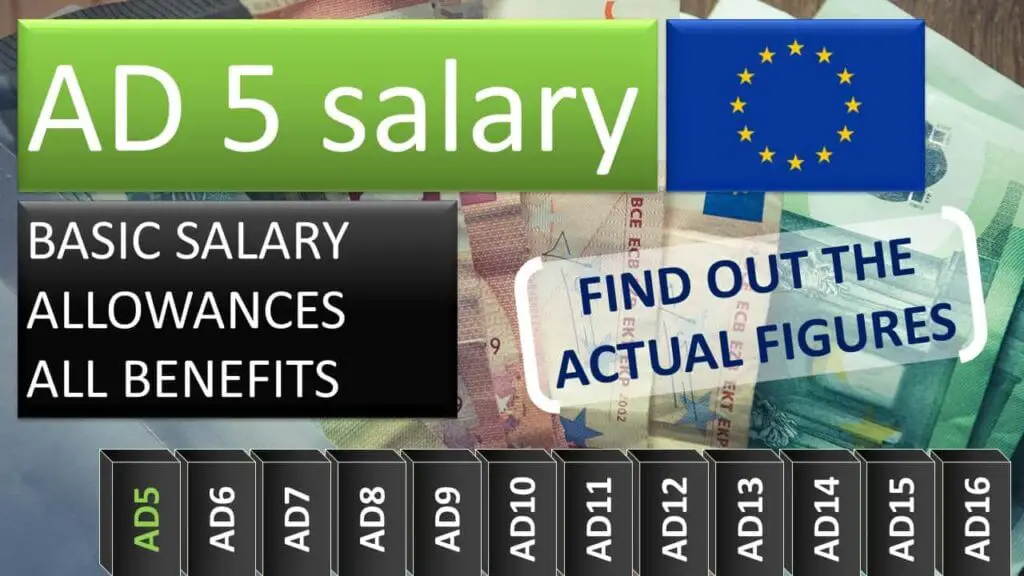A Directorate-General (DG) is the main administrative unit of the European Commission. Each DG is responsible for one or several distinct policy areas. DGs are similar to ministries in the EU Member States. Directorates-General are tasked with the development, implementation, and management of EU policies and legislation in their remit.
Each DG is led by a Director-General, who reports to an EU Commissioner responsible for that particular policy area. Within a DG, there are various directorates, units, and sectors, that focus on more specific aspects of the DG’s overall policy responsibility. The DGs have a crucial role in the EU’s legislative process, from initial policy conception and consultation through to enforcement and evaluation.

DGs collaborate closely with other EU institutions, member states, and a wide range of stakeholders to ensure that EU policies are effectively carried out and meet the objectives set by the EU treaties and legislation. They also play a significant role in managing EU funding programs related to their areas of competence.
As 2024, the European Commission is composed of 37 Directorate-Generals, each headed by a Director-General, according to the European Commission.





Hello, I was wondering what allowances would I receive for a remote secondment e.g. most of the time done in…